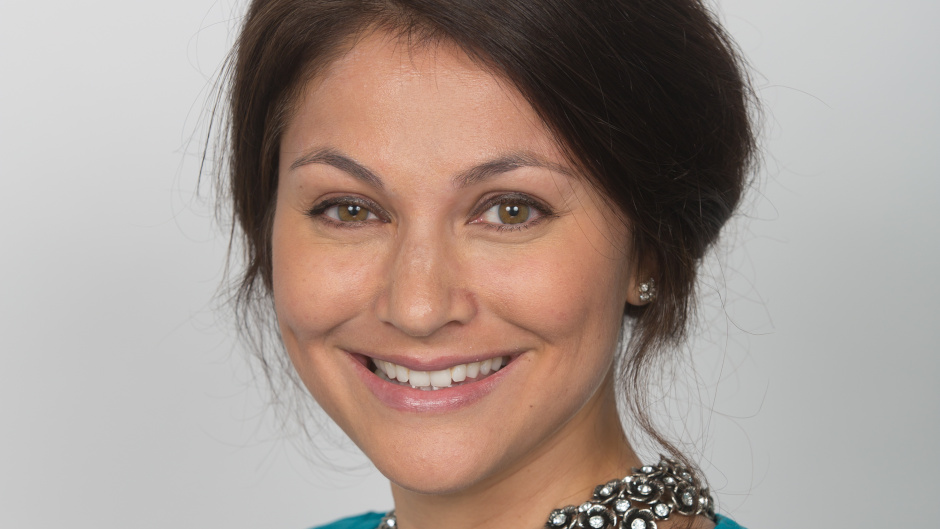Marike Paulsson, Director of Miami Law’s International Arbitration Institute and Lecturer in Law for the White & Case L.L.M. in International Arbitration, teaches international law, especially about the use and interpretation of international agreements and the 1958 New York Convention, a.k.a. the NYC. Paulsson recently published the book The 1958 New York Convention in Action. The book focuses on the worldwide application of the NYC since its creation in 1958 and is one of the publisher’s (Kluwer) bestsellers. Miami Law sat down with Professor Paulsson to discuss this new work.
What is the New York Convention in a nutshell?
The New York Convention is an international agreement between countries to make sure that awards can be executed abroad. Today 156 States have signed on to the NYC. Awards are decisions rendered in arbitration, a method of alternative dispute resolution that is often preferred in the field of international trade, especially with disputes involving States. The awards are rendered by the world’s leading international lawyers, former ministers, judges and vice-presidents.
Denial of justice is common: sometimes arbitrators are threatened, once case entailed an abduction of an arbitrator, another an imprisonment; especially when States are involved, arbitration can be tricky. Enforcing those awards sometimes does not happen because judges are corrupt or controlled by their government. It is our role to fight this type of denial of justice.
“Old Stuff?” Why write a book in 2016 about this treaty from 1958?
The NYC is old indeed but especially in international law, age is just a number. We tried to rejuvenate the text, give it a make-over. We even attempted a rewrite and called it “The Miami Draft:” an entirely new international agreement. That did not work. So we kept it young by redefining its text: what does this NYC really mean?
For example, although Khodorovski, now in exile in Switzerland, his former company Yukos, the largest oil company in the world, managed to have a star studded panel, one of them the former president of the International Court of Justice, weigh in on a dispute between Yukos and Russia in the territory of neutral Holland. Not that it was easy. Years of courts and tribunals being asked to decide on disputes between Yukos and Russia were accompanied by a local lawyer dying in a helicopter crash, phone lines being tapped and office raids of law firms being involved in the case.
The tribunal courageously rendered a decision in favor or Yukos and not only that; they granted a sum of 50 billion USD to Yukos. Putin informed the world that he was not going to pay: no room in the budget for this. A victory for the man behind bars? No, because with the way international law works, a Dutch court quashed the decision and the hopes of getting 50 billion USD went up in smoke. Or not? No, because Yukos is now requesting the DC district court to grant the execution of the decision and help Yukos get its money. How did that happen? Because of the NYC. So the NYC does matter.
Why international law and the New York Convention?
Because I had no choice, at first: I started as Albert Jan van den Berg’s associate in 2005 and he happens to be the world’s leading expert on the New York Convention. We became “buddies in crime” and then traveled around the world to familiarize judges with the New York Convention. Working on NYC projects with my friends has been a true joy and I love contributing to its worldwide impact.
Why would this book be a must-read?
The book tailors to national judges and how counsel should persuade them to enforce or not to enforce. The book contains recommendations for application of the treaty and breaks down the treaty in a way that it can be easily used by national judges who have little experience with treaties and the New York Convention in particular. Most judges actually don’t like international law: I tried to make it more fun for them.
You have conducted structured dialogues with national court judges on International Law and the New York Convention around the world: what are the lessons learned?
The fact that each judge applies the Convention only a couple of times. Most judges are trained in their jurisdiction and apply national law. They are not always comfortable with applying treaties and do not have access to all the knowledge and training that we specialists have. I learned that things that I thought to be important were not important for judges at all.
What’s next?
The Handbook on Arbitration India, which I am co-editing with Professor Martin Hunter and Dushyant Dave and Fali Nariman from India; my Ph.D. thesis “The Enforcement of Annulled Awards” at Leiden University; and the International Council Commercial Arbitration Guide on the application of the New York Convention in the Middle East, which I am co-editing with Mohamed Abdel Raouf from Egypt and Aysha Mutaywea from the Kingdom of Bahrain.
And a cookbook.

